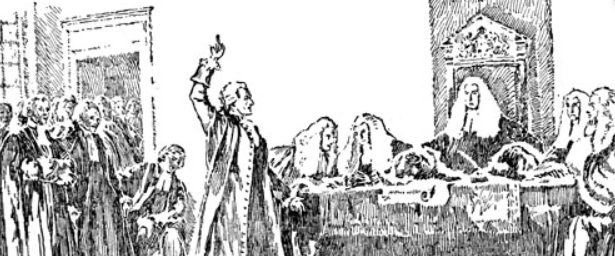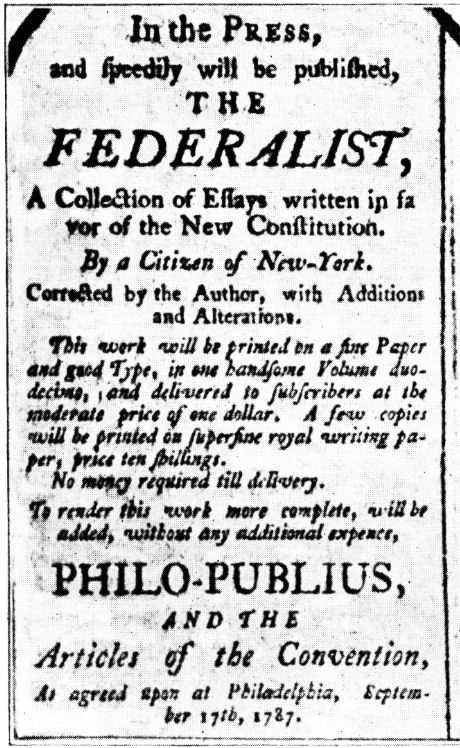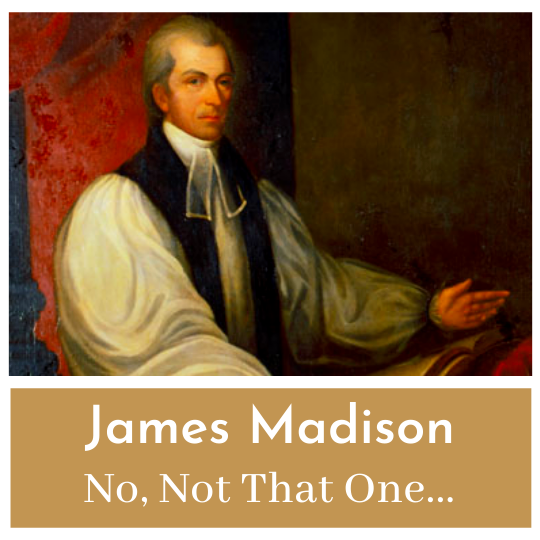Paying Debts to Britain - The Case of Ware v. Hylton
The Supreme Court Case of Ware v. Hylton revolved around the repayment of debts to individual creditors in Great Britain.
But, this case had so much more going on.
From the lack of a Chief Justice to the two important Founders who spoke in front of the Supreme Court for the only time in their lives.
Debts
During the Revolutionary War, Virginia passed a law stating that citizens no longer had to pay debts owed to British lenders as they were operating within a hostile nation’s territory.
The Treaty of Paris, however, agreed that no law should be made which would interfere with the collection of legitimate debts.
After the Constitution was ratified, several Britons who were owed money sued the Federal Government for their ability to collect.
Ware v. Hylton
Ware v. Hylton was the final in a series of Supreme Court cases which attempted to rectify this issue.
The Supreme Court decided in favor of the creditors, primarily because the Federal Government was viewed as the body which carried out international law and that meant honoring the language in the Treaty of Paris.
This was the first time the Federal Government invoked the Supremacy Clause of the Constitution, demonstrating its power over the States.
Additionally, this was also one of the first instances of Judicial Review, with the Supreme Court deciding it had the power to overthrow a State law that conflicted with a Federal one.
No Chief Justice
There are several interesting things to note about this case.
The first is that there was no Chief Justice.
The second Chief Justice, John Rutledge, had attempted suicide just a month earlier.
His replacement, Oliver Ellsworth, would not take his seat until March 8, 1796...just one day after Ware v. Hylton was decided.
Patrick Henry
The other interesting note about this case surround some of the men who were on the team arguing against repayment.
Patrick Henry, the long-time Patriot, Anti-Federalist and former Governor of Virginia was one of the men who wrote the original law.
Though suffering financially and no fan of the Federal Government, Henry took the case. His oratory as strong as ever, he impressed the room with his elegant speech.
This would be the only time Patrick argued a case on the Supreme Court.
John Marshall
Standing next to Henry was a young John Marshall.
Marshall, a newcomer to the national stage, was tasked primarily with handling the paperwork.
However, the closing remarks were put in his hands.
Despite losing the case, John took everyone by surprise and made a name for himself as a brilliant legal mind. It was the only time he would speak in front of the Supreme Court.
Just five years later, Marshall would be named Chief Justice of the United States and would go on to define the institution more than any other Founder.
Want to learn about other Supreme Court Justices?
Great, check these out:
Congress Impeaches Samuel Chase
Making Cases - The Rise of Henry Brockholst Livingston
There are many books related to this article that I could recommend, but I thought a new one on John Marshall would be best.
One of my favorite authors, Richard Brookhiser, just published ‘The Man Who Made The Supreme Court’' a few months ago and I highly suggest everyone interested in the creation of the Judicial System in America give it a read.
Pick up a copy through the Amazon affiliate link below (you’ll support this site, but don’t worry, Amazon pays me while your price stays the same) .






